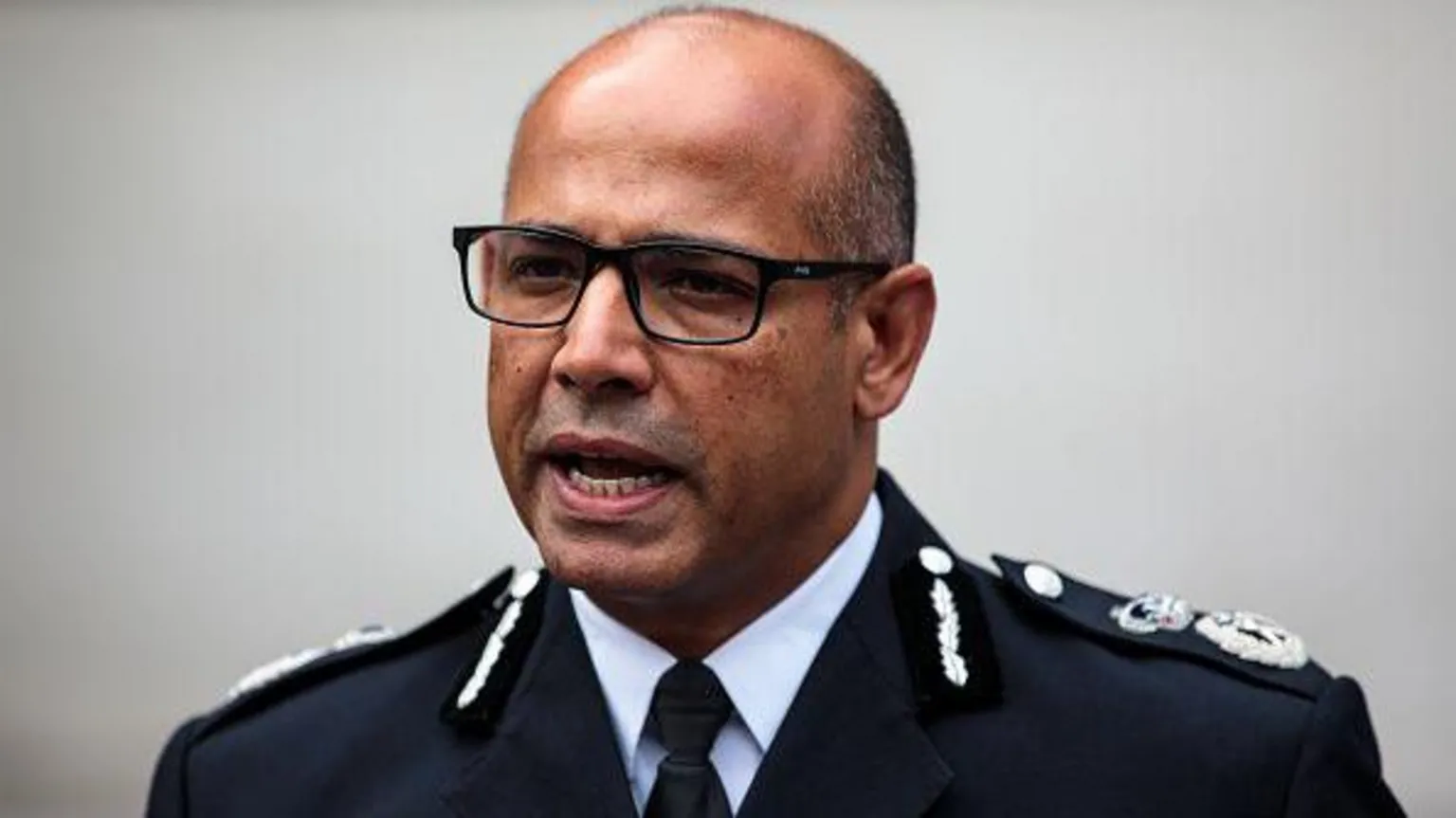Former head of counter-terrorism policing Neil Basu has drawn stark comparisons between recent riot violence in the UK and acts of terrorism. In an interview with the BBC, Basu, who led counter-terrorism efforts from 2018 to 2021, asserted that some violent incidents during the riots have “crossed the line into terrorism.”
“I hope my successors are looking at that very closely,” Basu stated, emphasizing the gravity of the situation. “We have seen serious acts of violence designed to cause terror to a section of our community.”
Basu urged authorities and the public to scrutinize the legal definition of terrorism in light of the recent violence. He pointed to the current wave of unrest, which he believes has been fueled by “lies spread through social media,” as a critical concern that needs addressing.
The role of social media in inciting violence was highlighted by the actions of far-right activist Stephen Yaxley-Lennon, known as Tommy Robinson. Yaxley-Lennon spent the weekend posting inflammatory messages to thousands of followers from Cyprus. His account was reinstated by social media firm X (formerly Twitter) under its billionaire owner Elon Musk, who recently suggested that civil war in the UK was “inevitable.”
Basu criticized social media companies for their lack of accountability, stating they “only respond” to legislative changes or pressure from advertisers. He called on advertisers to withdraw support from platforms that allow misinformation and violence-inciting content.
The targeting of hotels housing migrants, a tactic propagated by the far right, has created widespread uncertainty and fear. Basu underscored the necessity of filling legal gaps relating to hateful extremism, particularly to curb the influence of individuals like Robinson, who “glorify and create violence from his sunbed in the Mediterranean.”
Basu’s comments highlight a growing concern about the interplay between social media, misinformation, and violence, calling for a reassessment of both legal frameworks and social media policies to protect communities from terrorism-like acts.





















